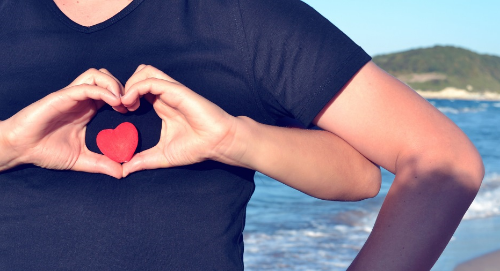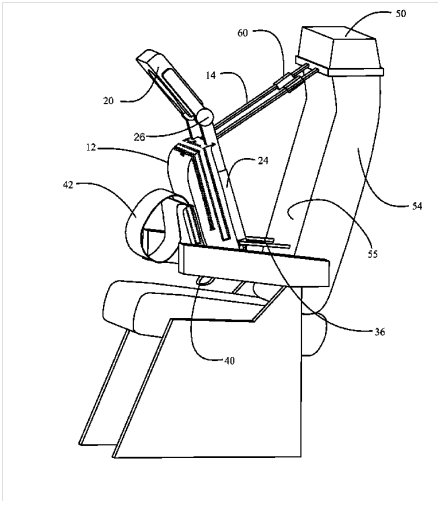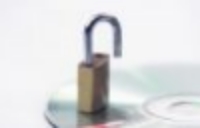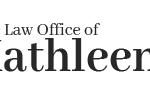
Patents for Humanity Award Winners
The United States Patent and Trademark Office recently announced this year’s Patent for Humanity Awards. The program was initiated by the Obama administration to promote game-changing innovations to solve long standing development challenges. This year’s winners include Sanofi, Novartis, American Standard Brands, SunPower Corp., Nutriset, Golden Rice and GRIT (Global Research Innovation & Technology). Congratulations to each organization. The accomplishments of each organization are truly inspirational and are set forth below.
Sanofi:
Artemisinin is an important antimalarial drug derived from the sweet wormwood plant native in Asia and Africa. However the growing cycles, crop yields and weather caused volatility in the supply of the drug. A public private partnership was created to address this problem with support from University of California Berkeley, Amyris and the Bill and Melinda Gates Foundation. Sanofi supplied its chemical expertise and industrial capacity and is now supplying large quantities of artemisinin at a no-profit-no-loss basis for use in developing countries around the world.
Novartis:
Tuberculosis kills more adults than any other infectious disease other than HIV/AIDS. Multidrug resistant forms of TB are especially challenging to treat and cure. Novartis has discovered a group of compounds that are active against these resistant strains of TB. In an arrangement requiring no upfront or milestone payments, Novartis has provided their entire TB R&D program, to the TB Alliance, a non-profit product development partnership that seeks to find new and improved TB treatment regimens.
American Standard Brands:
American Standard’s Safe Toilet Technology (“SaTo”) was created for people lacking access to basic sanitation around the world. The SaTo Technology includes latrine pans and collectors with a counterweighted trapdoor-like flapper that can be flushed by pouring a small amount of water onto it. When closed, the flapper door creates an air-tight seal that reduces odors and prevents insects from entering and exiting the pit, eliminating a primary route of disease transmission. American Standard has partnered with a number of non-profit organizations to distribute the SaTo pans and collectors throughout the developing world. To date, over 700,000 SaTo pans have been distributed in Bangladesh, Uganda, Haiti, Malawi, and the Philippines.
SunPower Corp:
Almost 18 percent of the world’s population lack’s sufficient access to energy sources. Traditional forms of lighting are combustion-based (firewood, charcoal, kerosene and dung), contributing to an estimated 3.5 million deaths a year from health impacts and house fires. For these communities, SunPower has outfitted a standard shipping container with solar panels on top and equipment inside to power hundreds of safe, rechargeable lanterns. Locals rent these lanterns for a small fee which is then reinvested to expand and improve the program. SunPower donates the container and supplies to partner organizations, along with ongoing technical support.
Nutriset:
According to UNICEF, as many as 67 million children suffer from acute malnutrition annually. Children suffering from prolonged malnutrition often develop digestive problems that disable their ability to eat more food, causing further health problems and death. Nutriset developed nutritional products made from peanuts and other ingredients to help malnourished children quickly and safely regain weight and digestive function. Nutriset delivers their Plumpy’Nut branded products throughout the world with partners like UNICEF and USAID. Nutriset also offers open licensing to producers in the developing world so communities can work toward self-sufficiency.
Golden Rice:
Vitamin A deficiency continues to be is the leading killer of children globally (2 – 3 million annually) and is also the leading cause of childhood blindness (500,000 cases annually). Most cases occur in Asia where the staple food white rice, eaten by 3.5 billion people daily, lacks vitamin A sources typically found in animal products and leafy vegetables. These deaths and blindness are preventable. Golden Rice was genetically enhanced by technology invented by Professors Potrykus and Beyer. The enhanced version of the rice provides a source of vitamin A for people subsisting mainly on rice. The professors have worked with Dr. Dubock since 2000 to donate the enhanced rice technology to the poor in developing countries. Local Golden Rice varieties are currently being developed by public sector institutions in Bangladesh, China, India, Indonesia, Philippines, and Vietnam. Through licenses with national governments, farmers are free to plant, grow, harvest, locally sell, and replant seed – there are no licenses for farmers and no fees for use.
Global Research Innovation & Technology (GRIT):
About 65 million people in the developing world require wheelchairs. Often conventional wheelchairs don’t function properly on the uneven terrain commonly found in developing regions. GRIT was created by engineering graduates of the Massachusetts Institute of Technology (MIT) to increase mobility for the disabled globally. Their three-wheel Leveraged Freedom Chair uses a push-lever drivetrain to help people move over broken pavement, dirt roads, fields, hills, rocky terrain and more. It’s built from standard bicycle parts to enable local repairs with available materials. After graduating, the MIT students founded GRIT to bring the product to market, and MIT assisted by transferring the patent rights to GRIT for further development. The chair has been distributed in partnership with the World Bank, Red Cross, and others in India, Brazil, Guatemala, Guinea, Kenya, Haiti, Easter Island, Nepal, and Tanzania. A new version of the Leveraged Freedom Chair, known simply as the Freedom Chair, is now available in the United States for recreational use, helping Americans move beyond the pavement.








